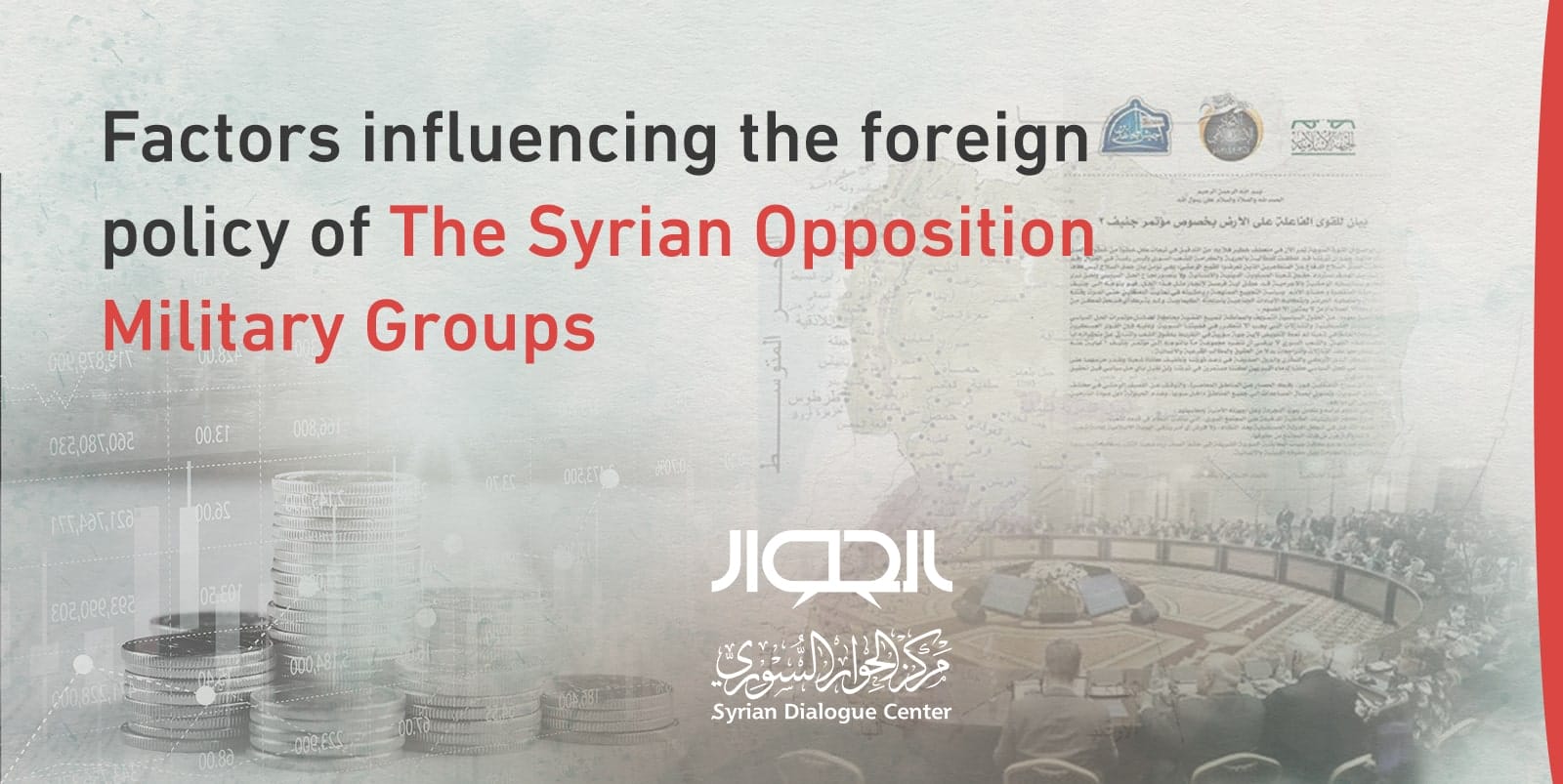
Factors influencing the foreign policy of the Syrian Opposition Military Groups
Abstract
The armed non-state actors (ANSAs) engage in international relations, which are not necessarily a monopoly of states, in a piecemeal fashion. They present themselves as political movements that can advance the functions of the state and, consequently, demand to be recognized at the international level.
This paper introduces an applied study to analyze the behavior of the Syrian Opposition Military Groups (SOMGs) in the field of foreign policy (FP), arising from a descriptive analytical method of semi-structured interviews. The paper aims to evaluate the behavior of SOMGs and determine the factors that affected them.
The most important results were that some of SOMGs partly and temporarily succeeded in possessing of some factors that help in formulating FP, especially with regard to geography, the economy and digital diplomacy; however, on the other hand, the SOMGs entirely lack the most prominent factor can lead to a balance FP, namely an institutional structure. The predominance of the individual leadership style over FP, and the lack of vision, experience, credibility and the ability to influence contributed to the weakness of FP of SOMGs. All of these shortcomings lead to SOMGs having no impact on the FP of states in the region.
After a brief theoretical introduction on the concept and the effective factors of FP of ANSAs, the paper includes five sections that analyze the most important factors influencing the FP of SOMGs: institutional, geographical, economic, legal and digital diplomacy variables.
To read the full research paper (Arabic)
مؤسسة بحثية سورية تسعى إلى الإسهام في بناء الرؤى والمعارف بما يساعد السوريين على إنضاج حلول عملية لمواجهة التحديات الوطنية المشتركة وتحقيق التنمية المستدامة





